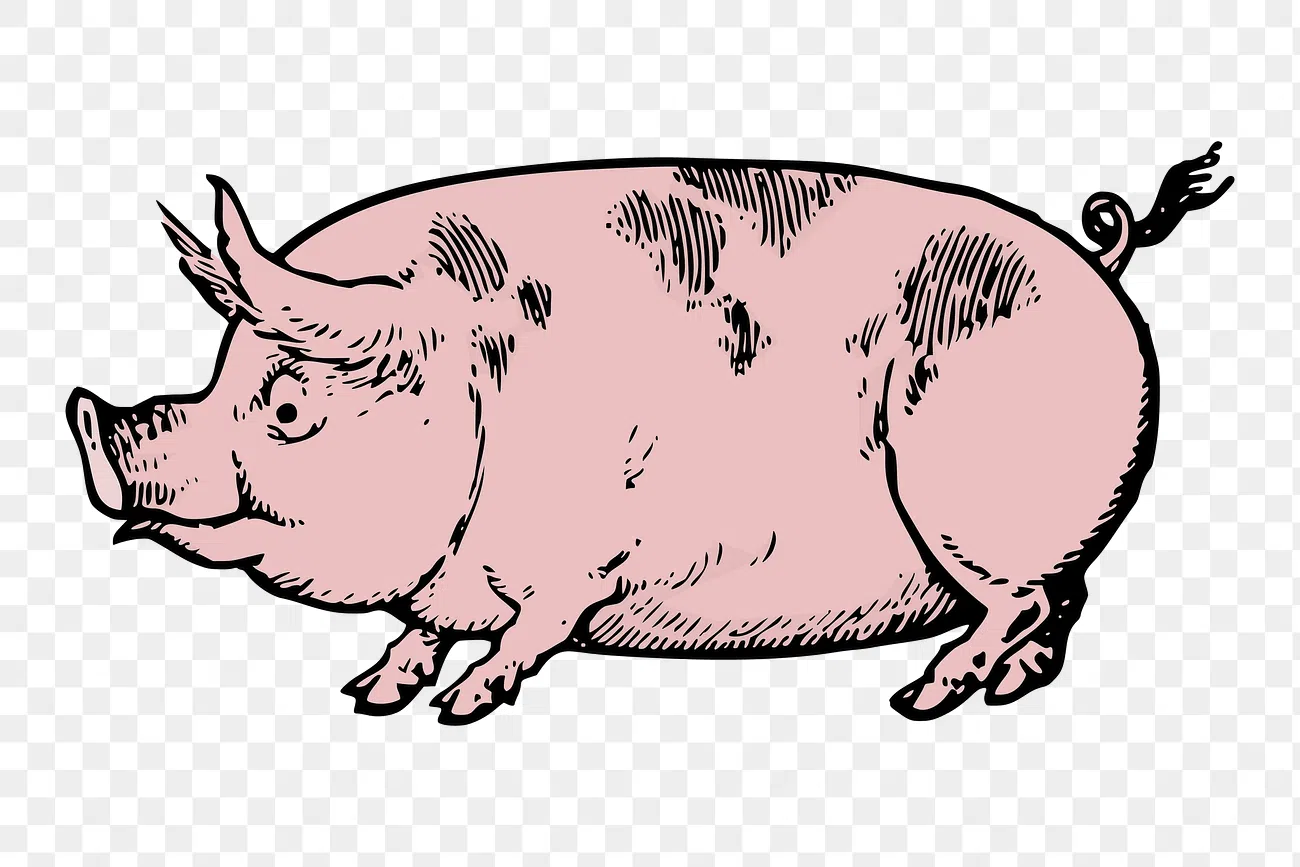FOOD SAFETY NEWS – Pigs often become non-ambulatory “because of a temporary metabolic condition characterized by profound fatigue” according to a 2019 ruling by USDA’s Food Safety and Inspection Service (FSIS). The condition is “usually completely reversible” after the animals are cooled and rested.
Several non-governmental organizations who are not satisfied with that 5-year-old decision have opted to jump over FSIS, and even the Secretary of Agriculture by taking up their “downer” pigs concerns directly with the White House.
“The spread of pathogens such as Salmonella and Yersinia enterocolitica often occurs when pigs are held in waste-filled pens awaiting slaughter,” the letter to the White House said.
“Because downed pigs are unable to rise, they are held for long periods in these filthy pens, often lying in fecal matter, making exposure to Salmonella and other harmful pathogens more likely. Studies show that many downed pigs are infected with H1N1 swine flu8 and commonly harbor antibiotic-resistant Campylobacter.”
[Signatory organizations to the letter to Biden include Church Women United in New York Statem, Communication Workers of America Local 1081, NY4Whales, and the Wisconsin House Rabbit Society. What expertise these organization have in swine management is unclear. – Headline Health]
In its policy decision in 2019, FSIS said work by such renowned experts as Colorado State Univeristy’s Temple Grandin supports giving pigs time to recover before their suitability for slaughter is determined. Handling pigs should avoid and control stress, FSIS said.
Pigs represent 75 percent of all livestock slaughtered in the United States, with an estimated 500,000 downed pigs arriving at meat processing plants annually.
In a letter to President Joe Biden, the activists are demanding the removal of downed. pigs from the food supply in the interest of food safety and protecting slaughterhouse employees.
The Centers for Disease Control and Prevention estimates that each year pork containing pathogens leads to about 525,000 infections, 2,900 hospitalizations, and 82 deaths in humans.
“The slaughter of downed pigs for human consumption constitutes a significant food safety risk,” the letter claims.
The USDA adopted regulations protecting non-ambulatory adult cattle in 2007 and then calves in 2016. In 2014, seven organizations petitioned the USDA to make a similar rule for downed pigs, which is the petition that was denied in 2019 because USDA found that downed pigs passing inspection pose no greater public health risk than ambulatory pigs.
‘Given the serious consumer and food safety concerns . . ., it is long past time for downed-pig regulations that mirror those for downed cattle and calves,” the letter concludes. “Accordingly, we respectfully request that your administration make our food system safer for everyone and implement such regulations.”
The letter says consumers have no way to determine whether the pork products they consume originate from downed pigs.
To sign up for a free subscription to Food Safety News, click here)



